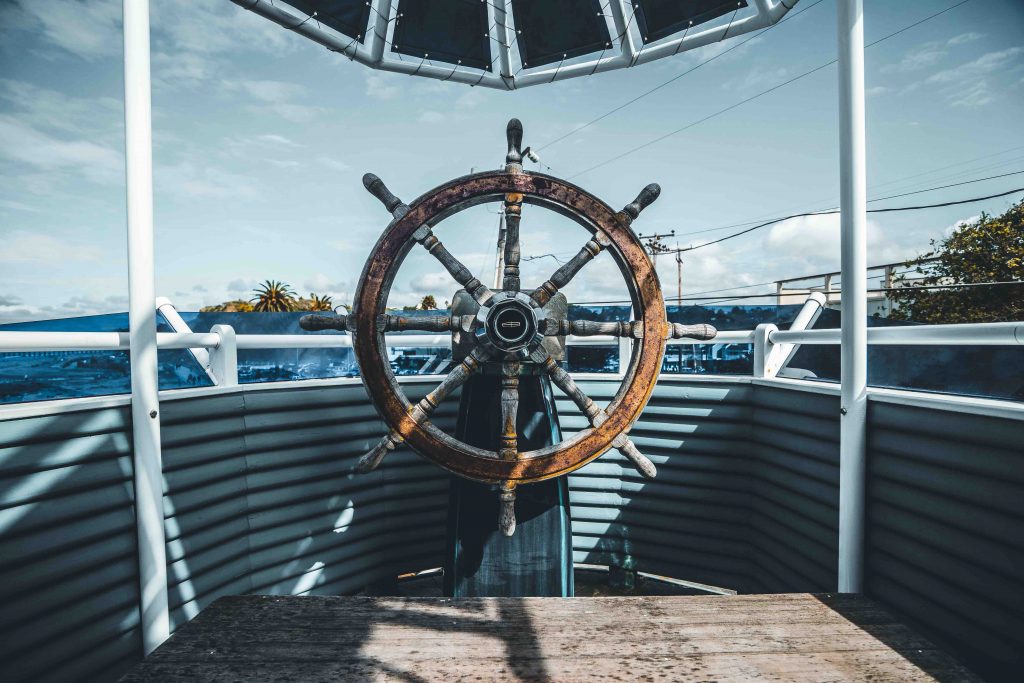
If a maritime worker is injured in the course of his or her employment, the Jones Act is one law that can be key in recovering damages. Among other things, this federal law specifically authorizes a maritime worker – including a crewmember, captain, master, or officer – who is injured in the course of his or her employment to file a civil lawsuit against his or her employer and seek compensation for the injuries he or she has suffered.
Who is Covered by the Jones Act?
The Jones Act was designed to apply specifically to maritime workers. As a result, a key consideration in deciding whether a worker can sue under the act is determining whether the worker is a “seaman.” Generally, in order to be considered to be a seaman authorized to sue under the Jones Act, an injured person must spend at least 30% of his or her time working at sea. (Other laws, such as state worker’s compensation laws, may apply and can provide recovery for workers who do not satisfy this criterion).
“Working at sea” can include working near the shore if the worker is exposed to the “perils of a maritime work environment.” This was the decision reached by the United States Court of Appeals for the Fifth Circuit in 2014 in the case of Naquin v. Elevating Boats, LLC. Recently, the United States Court of Appeals for the Fifth Circuit decided another case that focused on this idea.
Working at Sea: Sanchez v. Smart Fabricators of Texas, LLC
In Sanchez v. Smart Fabricators of Texas, LLC, the United States Court of Appeals for the Fifth Circuit upheld a lower Texas federal court’s decision that a welder who was injured while working on the deck of a jacked-up offshore drilling rig was not a “seaman” for purposes of the Jones Act. The court found that the welder’s work did not subject him to the perils of the maritime environment.
The welder had been employed by the defendant for just over two months at the time of the accident. According to the court, he worked on drilling rigs that were jacked up on the sea floor, and not subject to the movements of the sea. The court noted that the only time the welder was arguably “at sea” was when the rigs were being towed, but the welder was treated as a passenger rather than a worker at that time.
If you are an injured maritime worker, it is important to consult a legal professional who understands the particulars of the Jones Act and its application, along with other laws that pertain to injured maritime workers. An experienced maritime attorney at the Kolodny Law Firm can help you understand the laws and evaluate your potential claim.

